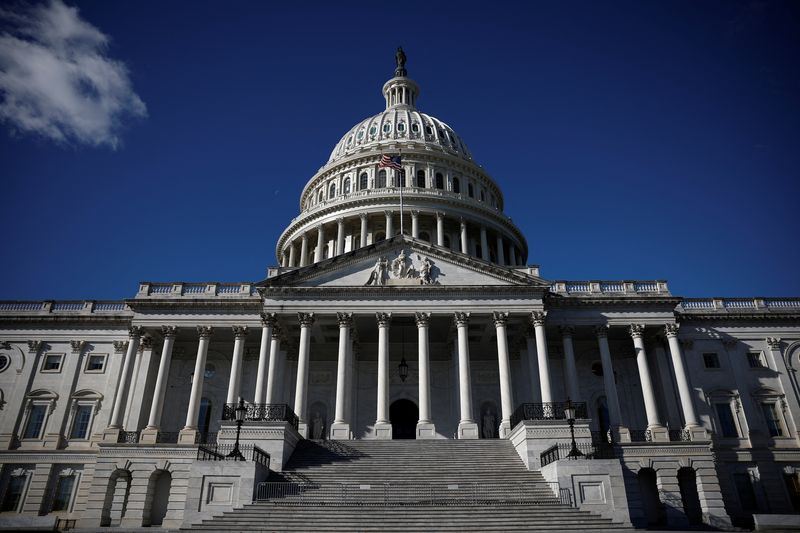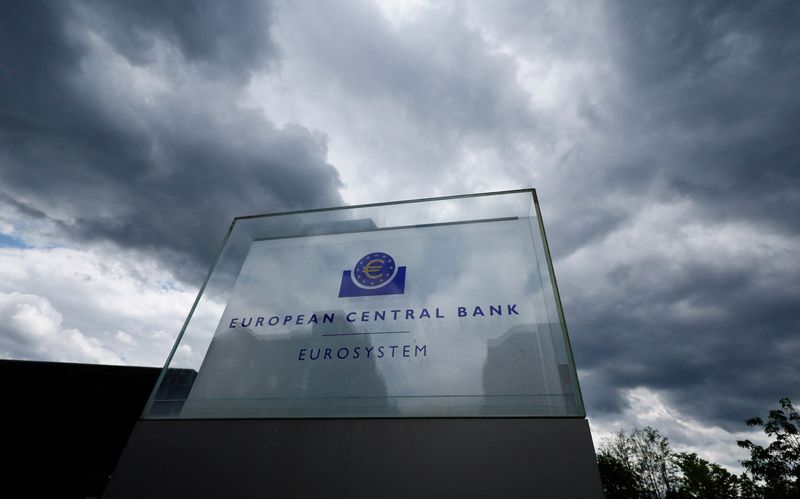
By David Milliken
LONDON (Reuters) – British finance minister Rachel Reeves may need to announce a 25 billion pound ($33 billion) tax rise in her first budget on Oct. 30 to help shore up public services such as prisons and police, the non-partisan Institute for Fiscal Studies said on Thursday.
Labour set out 9 billion pounds of tax rises in its election campaign but the IFS said bigger tax increases would be needed for government budgets not to shrink as a share of the economy.
“The new chancellor is committed to increasing investment spending, and to funding public services. To do so, she will need to increase taxes, or borrowing, or both,” IFS Director Paul Johnson said.
The think-tank said a 25 billion pound tax increase would be almost 1% of national income and nearly twice as large as the tax increases after Britain’s last two major changes of government, in 2010 and 1997.
Labour won a sweeping election victory in July but soon afterwards Reeves said the public finances had been left in a far worse state than she had feared.
Prime Minister Keir Starmer’s popularity has fallen sharply, in part due to cuts to winter fuel subsidies for pensioners.
“We have inherited a tough financial position, but we won’t let the challenges of the past define our future,” a finance ministry spokesperson said after the IFS forecasts.
Reeves has said she will change the budget rules under which the finance ministry operates to target a balanced budget, excluding investment, rather than allowing a 3% deficit overall.
However the exact definition of public debt is also under review, which the IFS estimates could allow 50 billion pounds more borrowing.
Benjamin Nabarro, chief UK economist at U.S. bank Citi, who helped calculate the IFS forecasts, said there was “material concern” among foreign bond investors that tweaked rules could lead to much more debt.
On Monday, the yield premium which 30-year British government bonds offer over German debt rose to its highest since former prime minister Liz Truss’ budget plans roiled markets in 2022.
“After the recent market dislocation just two years ago, international investors are not really willing to give the gilt market the benefit of the doubt,” Nabarro said.
Last week Reeves said there would be “guardrails” around any extra borrowing.
“Having a very robust process of policing … is also crucial in terms of assuring gilt markets that this isn’t just being used as a piggy bank,” Nabarro said.
($1 = 0.7652 pounds)












